Wait, is this a guide on the best camera for beginners? I thought he hates creating guides.
Yes, I do. So, If you’re expecting a giant list of megapixels and side-by-side sensor comparisons…
You’re lost, friend.
I’m going to approach this like you asked to meet for coffee, you’ve expressed some interest in photography, and now you’re asking me what camera I think you should buy.
Because honestly, this happens a lot. Usually just by Facebook messenger from a friend. So here we are, tackling the question in public.
Not just for them, but for you.
Because I don’t want you to spend weeks researching the “best beginner camera” instead of just… taking a photo?
The Search for the Best Camera for Beginners
I’ve done it for many purchases. You’re probably doing it.
The hunt for the perfect camera or perfect anything really becomes its own little hobby.
Specs, reviews, side by side YouTube comparisons. But behind all that searching, watching and reading, most of us aren’t looking for megapixels.
We’re looking for permission.
To start.
Your First Camera Doesn’t Have to Be “The Best”
This post isn’t about naming a single winner. I’m not here to tell you that the Canon R50 is objectively better than the Nikon Z50 or that you must buy a used Fujifilm XT-30. I could. But honestly?
It depends on you. Your hands. Your curiosity. Your budget. Your dreams. Your awkward, shaky, very first attempts at using manual mode.
What I can tell you is that you don’t need to wait until you have the “right” gear. You can start now.
Probably today.
And you should.
My First Camera Wasn’t Fancy But It Changed Everything
I bought my first real camera with a tax refund.
It wasn’t a decision made after watching hours of Digital Photography Reviews or scrolling B&H until 2 AM. It was impulse, mostly. A Canon 60D with the kit lens. I didn’t know how to use it. The camera I owned prior was the Sony Cybershot, a simple point and shoot, like 4 mega-pixels.
I had no idea what I was jumping into.
Aperture sounded like a sci-fi term. ISO was… confusing. Shutter speed, never heard of it. But I took my new camera everywhere.
I needed it. I needed something to express everything because life was getting difficult, but that is another story.
What I remember most is the feeling. The way I started to see things differently. I’d walk down a street I’d been down 100 times, but now I noticed the little things, like how the light played amongst the shadows.
That camera taught me how to see like a photographer. Not because it was the best camera, but simply because it was mine.
By the End of This Post, You’ll Know What Actually Matters
I’m going to walk you through what makes a camera “good enough” for beginners and what doesn’t. We’ll talk about features, yes. But more importantly, we’ll talk about mindset. Because the best beginner camera isn’t just about buttons and settings. It’s about what makes you want to keep going.
Here’s what actually matters when choosing your first camera.
Ease of Use Beats Fancy Features
You don’t need all the dials and dual card slots and 10-bit log profiles.
You need something that feels intuitive. Something that lets you focus on seeing, not just settings.
Look for a camera with:
- A mode dial (so you can slowly learn your way into manual shooting)
- A touchscreen, if that helps you feel more comfortable (my first didn’t have this, but younger crowds find it more intuitive)
- Good auto mode for when you’re overwhelmed
- A grip that feels good in your hands
Honestly? The best camera is the one you want to pick up.
Size Matters Because If It’s Too Big, You Won’t Carry It
I know people who started photography with a full-frame DSLR and never took it anywhere. It lived in a padded backpack.
Safe but also…useless.
It made their shoulder hurt. It became something they thought about using instead of something they actually used.
Your beginner camera should be portable. Light enough to bring to the coffee shop. Small enough that you don’t look like you just landed a job shooting on the sidelines of a Detroit Lions game.
But if you did, that would be cool!
Go to a camera store. Pick them up. Forget the price. Forget the features.
Does it feel like something you’d take on a long walk?
If a camera feels like a burden, you’ll leave it behind.
Some cameras feel like bricks. Some feel like toys. And some feel like that perfect thrift store jacket you bought last month, worn in, but ready for adventure.
Don’t underestimate that feeling.
You Don’t Need to Spend $2000
One of the biggest lies the internet sells to new photographers is that you need to spend a fortune. You don’t.
You can get amazing mirrorless cameras for under $800. I suggest Mirrorless as opposed to DSLR if you plan to buy new, as most major camera brands are shifting focus there.
But don’t discredit a DSLR. Especially if you can find one used with a low shutter count. Most of my photography journey was shot on a DSLR.
If you can score a free hand-me-down camera from your Uncle Mike, even better. Free is the best price.
You can even start with your phone and graduate later.
But, you came here in search of some great entry level options, so here you go:
(As an Amazon Associate, I earn from qualifying purchases.)
- Canon EOS R50 (If you’re just starting and want something that actually listens when you tap the screen, this one’s got amazing autofocus, Canon’s color magic, and doesn’t murder your bank account. Around $700–$800 with the kit lens. Great if you’re dabbling in both photo and video.)
- Nikon Z30 (Nikon’s entry-level vlogging camera. If you’re a Nikon person or inherited a lens from an uncle, this is a great option. Around $700–$800 with the kit. Perfect if you want decent video and nice photos.)
- Sony ZV-E10 (This one is for the YouTubers and TikTokers who need autofocus and good audio. Around $700–$800 with the kit. It’s cheap, light, and is perfect for content creators but also… just photographers.)
P.S. Ignore the “vlogger” label if you’re not into video. These are all fine options for photography, but just have flip screens, better mics, and useful video features baked in. The brands are just trying to catch that YouTube, TikTok crowd.
If you’re looking for some more expensive options:
- Canon EOS R8 (Insanely good full-frame camera that’s light, intuitive, and doesn’t get in your way. Best for beginners who want pro-level quality they won’t outgrow for a while.)
- Fujifilm X-S20 (If you’ve got a thing for colors that look like film and want a camera that makes you feel like an artist even when you’re shooting your cat then this one’s for you. It’s light, fast, and doesn’t ask for much. Fuji nailed it with this. Also, more expensive.)
- Sony Alpha 7C II (So you want to spend 2k on your first camera? Sony’s most beginner-friendly full-frame camera is a pretty awesome option. I don’t think you will be disappointed.)
Note: These are Amazon Affiliate Links. Please, if you do buy from Amazon, make sure you are buying from one that says, “Sold and Shipped by Amazon.” This is the safest option. Some trusted camera stores (like Adorama, B&H, or KEH) also sell through Amazon. I do not suggest buying a camera from a random third-party seller on Amazon.
All of the cameras listed above are solid mirrorless cameras. None of them will make you a better photographer by themselves.
But you know what will?
Taking 10,000 bad photos.
Lenses Matter More Than You Think
All of the cameras listed above have interchangeable lenses. If you can, get a camera that lets you change the lens. I mean, that’s why you’re here right, You’re serious about becoming a photographer.
Even if you start with the kit lens, just knowing you can grow into better glass later is a big deal.
A 50mm f/1.8 lens on any camera body will teach you more about depth, light, and emotion than any sensor upgrade ever will.
Lenses shape how you see. They shape what you see. If your camera can’t change lenses, you’re stuck.
You’ll Learn Faster If You Allow Yourself to Suck
This isn’t really about camera choice, but it’s everything.
Whatever you buy, whether it’s a $300 used DSLR or a shiny new mirrorless body, you will take bad photos.
Overexposed. Blurry. Boring. Crooked horizons. Missed focus.
And that’s a good thing.
That means you’re actually using the thing.
Did I mention Boring? Let’s say it again to the 10th power.
B.O.R.I.N.G
Look, don’t wait for perfection. Don’t wait for the perfect golden hour shot with leading lines and foreground interest and a carefully placed subject.
Shoot the junk on your desk. Shoot your dog, your girlfriend/boyfriend, and your local park. Shoot rain on your car window.
I don’t care what you shoot but remember, You learn by doing. Not reading.
Final Thoughts: Start With the One You’ll Actually Use
This sounds obvious, but it’s not. People often ask, “What’s the best beginner camera?” when what they really mean is, “What camera will make me feel legit?”
The answer is: the one that gets you out the door.
That might be your iPhone. That might be a secondhand Canon M50. That might be something you borrow from a friend.
It doesn’t need to impress anyone.
It just needs to make you want to press the shutter… again, and again, and again.
I still remember my first decent photo. It made me do a double take. I shot it in JPG mode, not incredibly sharp, with a kit lens and no idea what I was doing.
But I liked it, because it felt…
different.
A friend commented on FB: “This is incredible. It kind of reminds me of M.C. Escher meets Ansel Adams plus color with the twisted tree and reflections of the sky that make you look twice. Good job!“
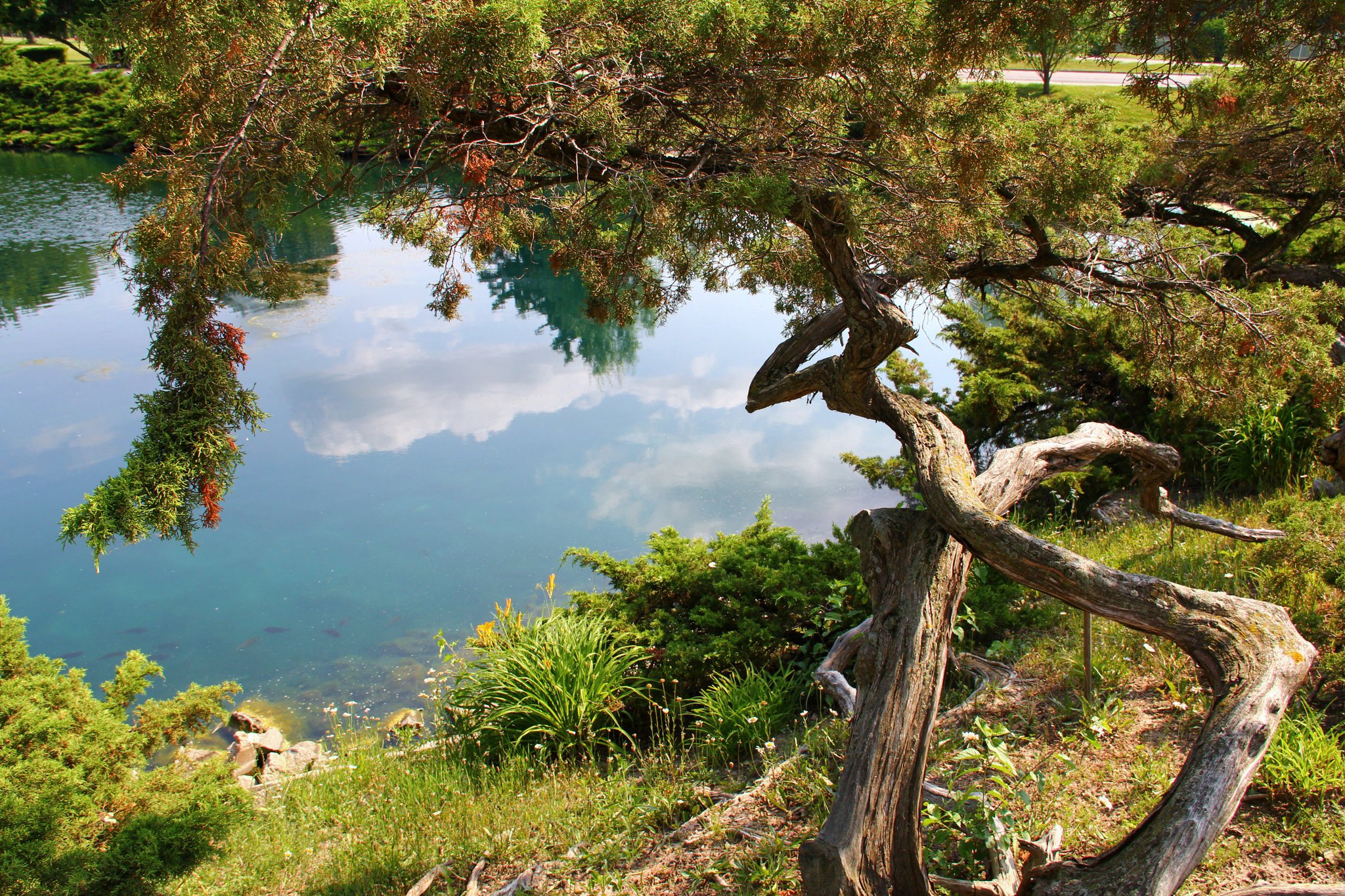
Honestly, they were probably just being nice but…
I loved it.
Because I was out there taking a thousand bad photos, but on occasion, one that made me stop and look longer.
And also, because it was mine, I did that.
So, here’s your permission: Stop researching. Start shooting.
.
.
.
Wait, you’re still here… seriously, pick something. Your First Camera isn’t your last camera.
Your “real photographer” moment doesn’t come from gear. It comes the second you care enough to keep going.
Now go take the photo that makes you do a double take.
Then take another.
And another.
Because that’s how it starts.
And someday, someone will ask you what the best camera is for a beginner.
And you’ll smile, remembering this moment right here.
💬 What Did This Post Make You See?
Comment below: What was your first camera or what do you think should be on the list of best first cameras in 2025?
🖼️ Before Language, After Light
Default Gallery: Featuring recent photography and artwork from creators I’ve collected on Tezos. Updated regularly to reflect the spirit of each post. → View Full Curation on OBJKT
🟢 Currently Open for Submissions
Have a Tezos NFT that fits this post’s theme? Share a link with your comment (link-only posts will get flagged as spam). I may collect or feature it here or in a future post.
Support independent creators. Discover and collect below.

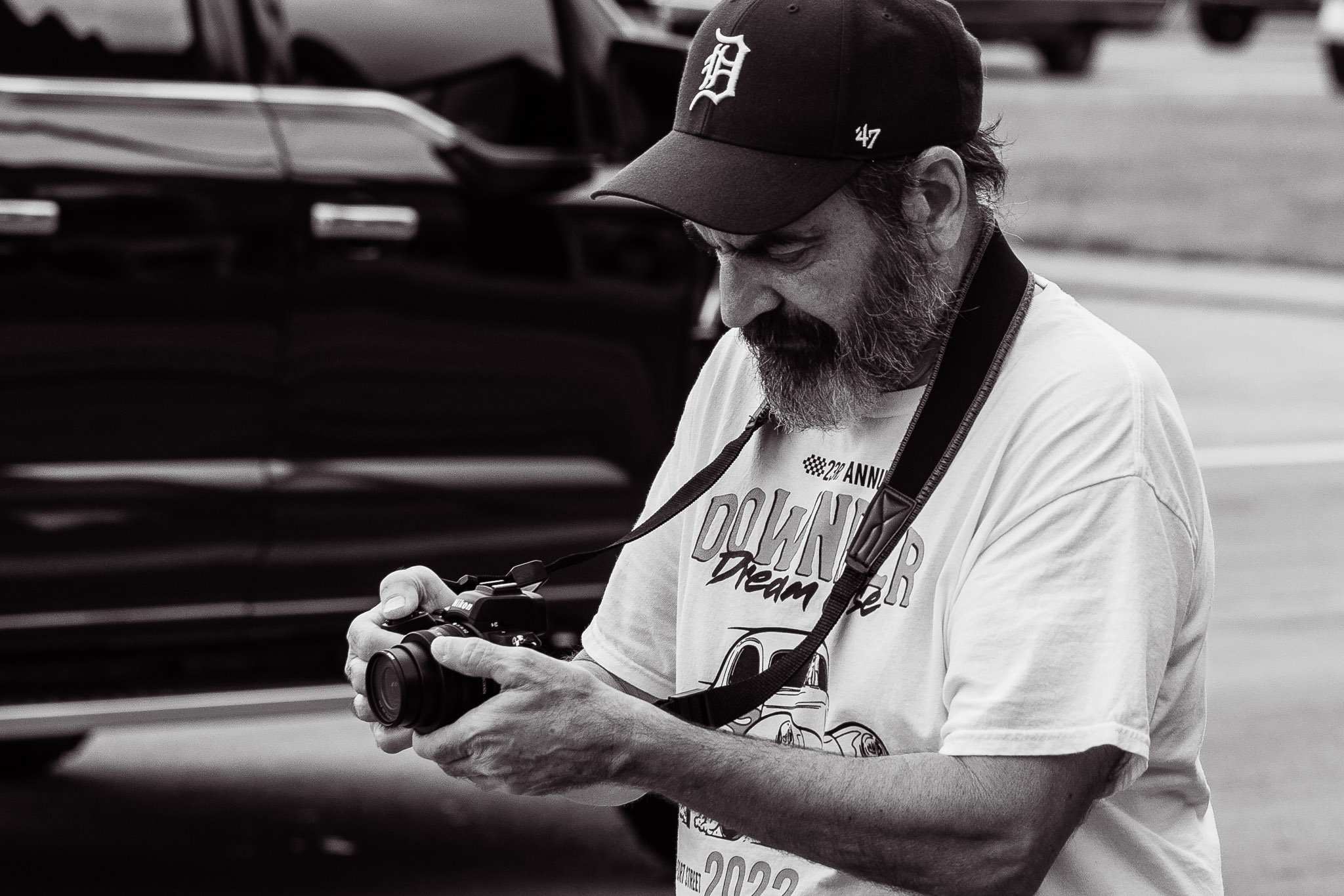
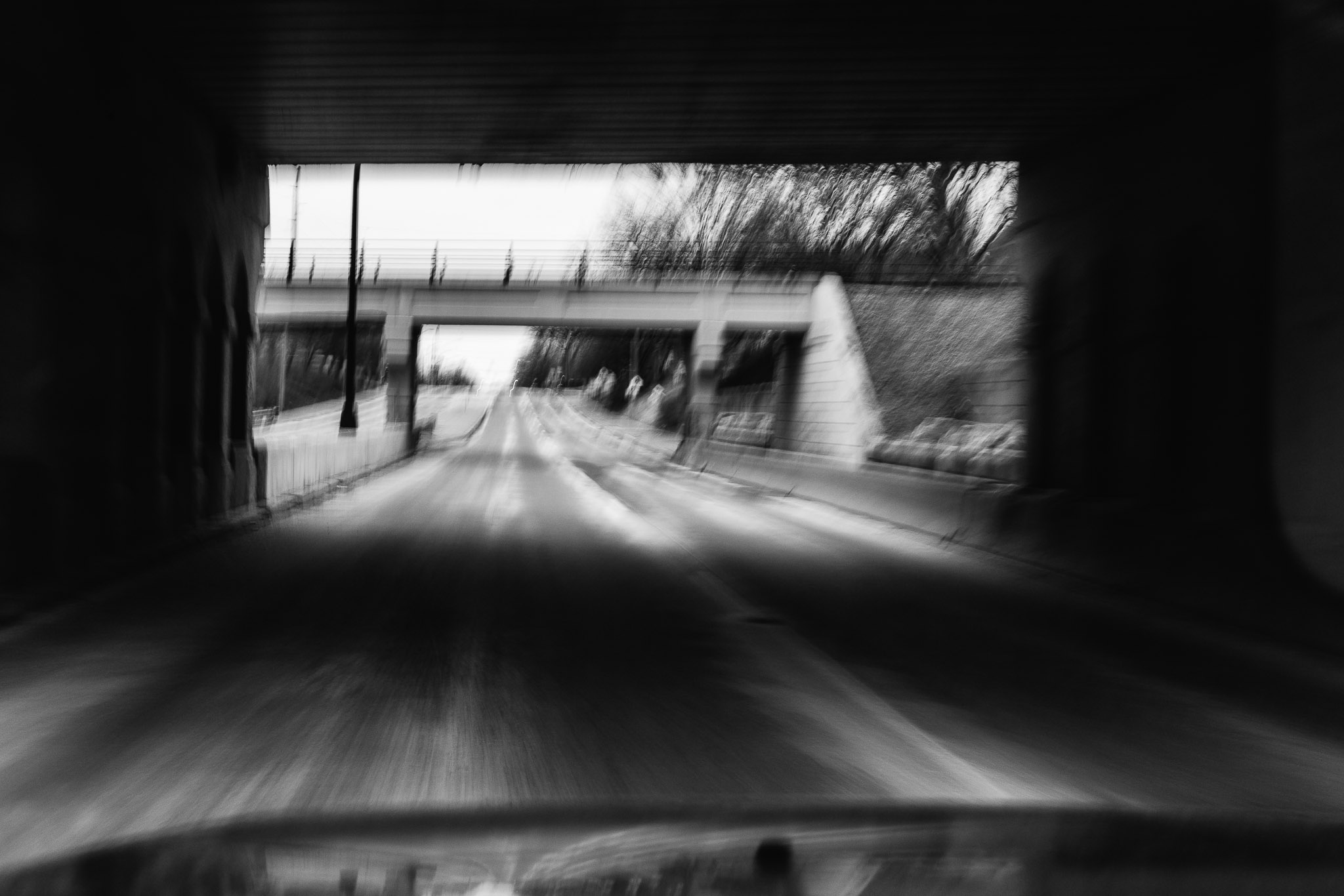
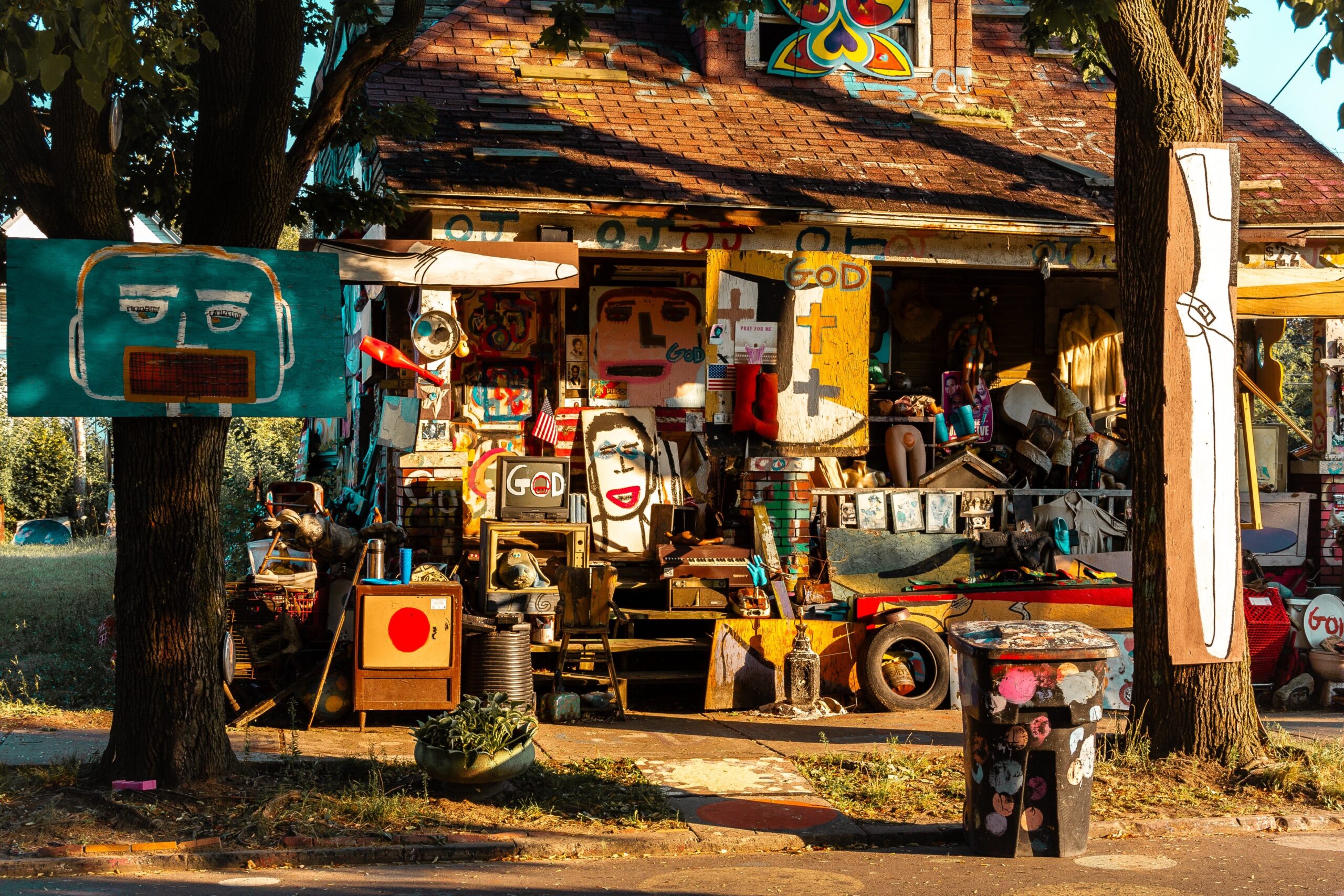
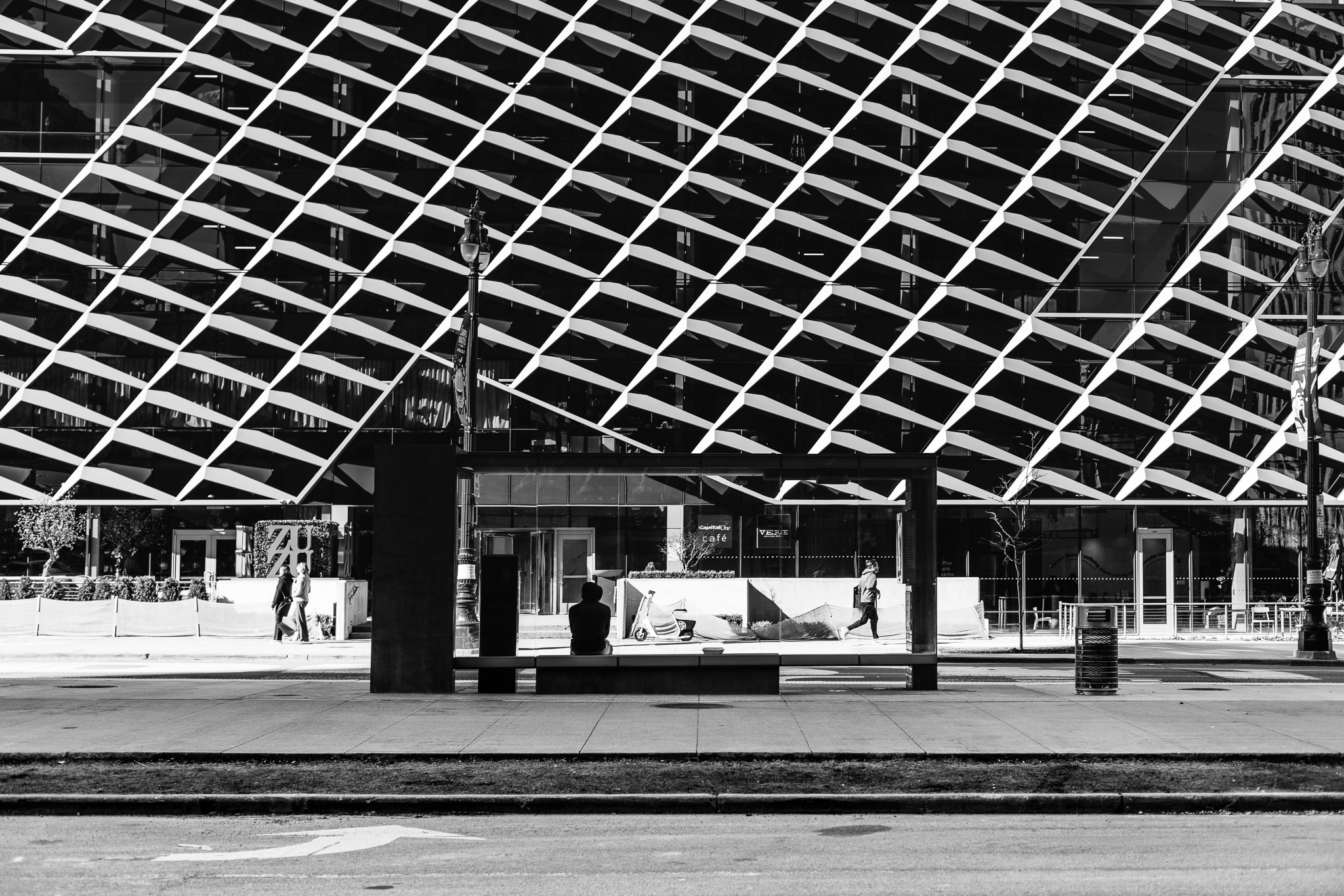
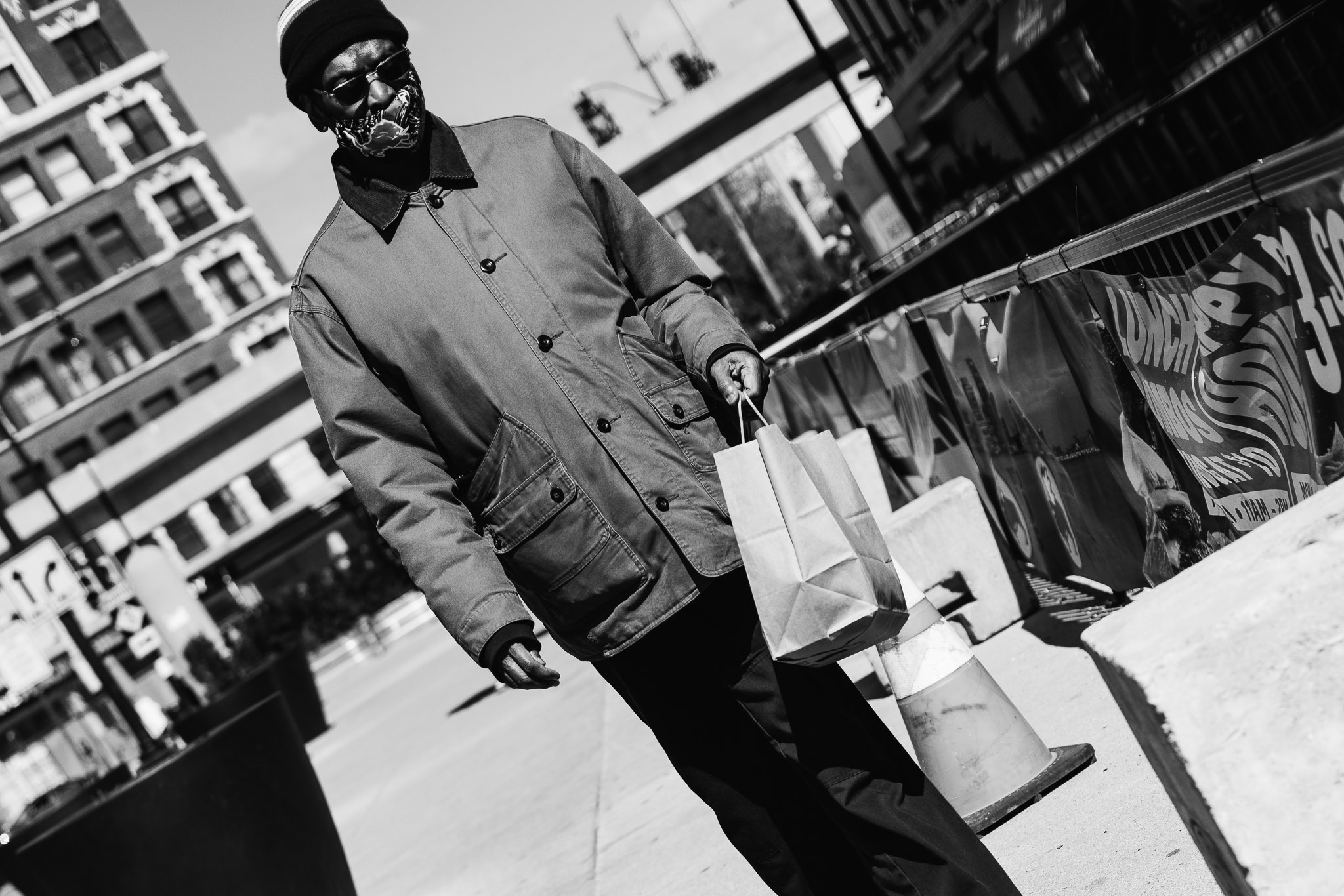
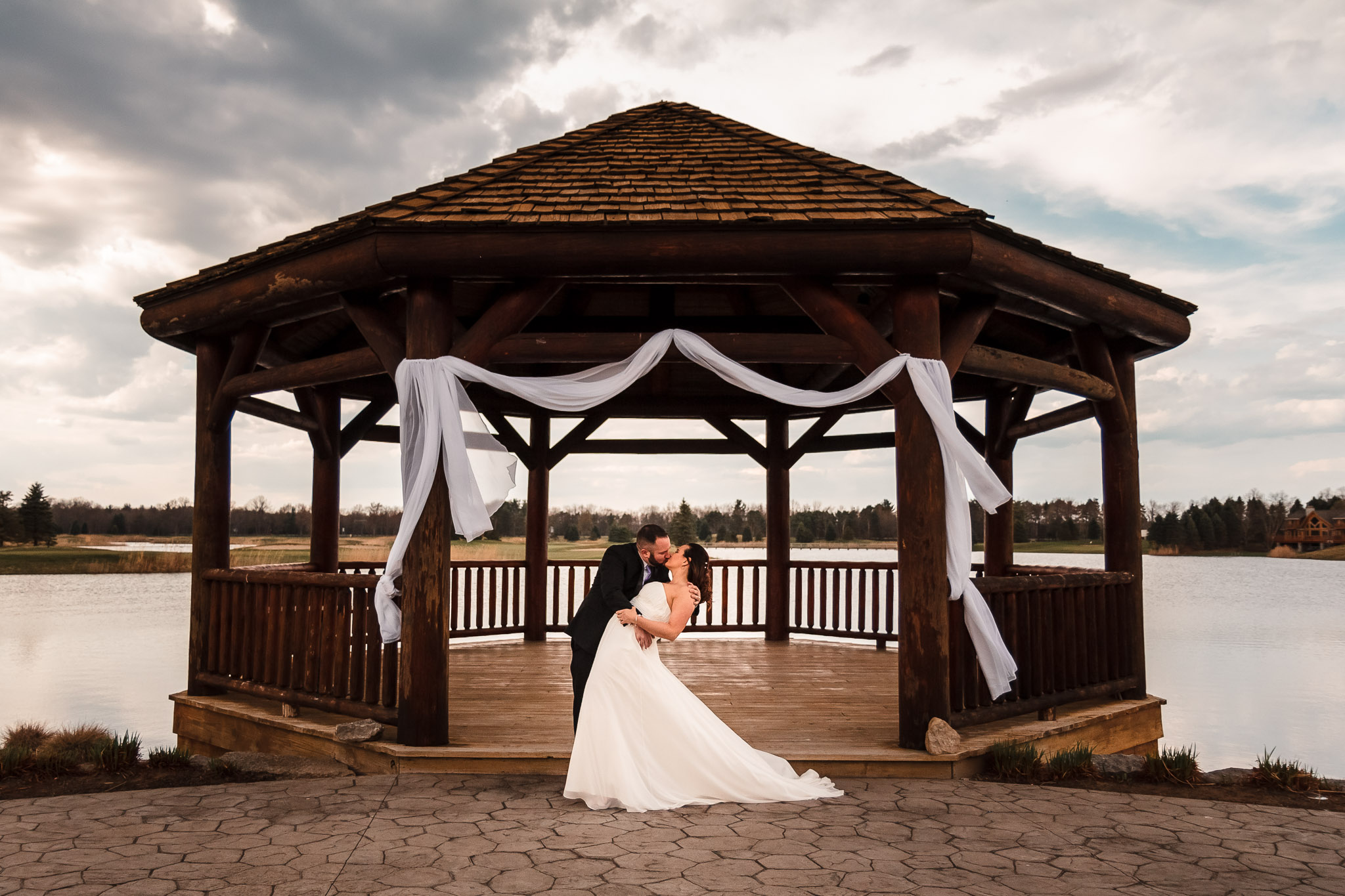
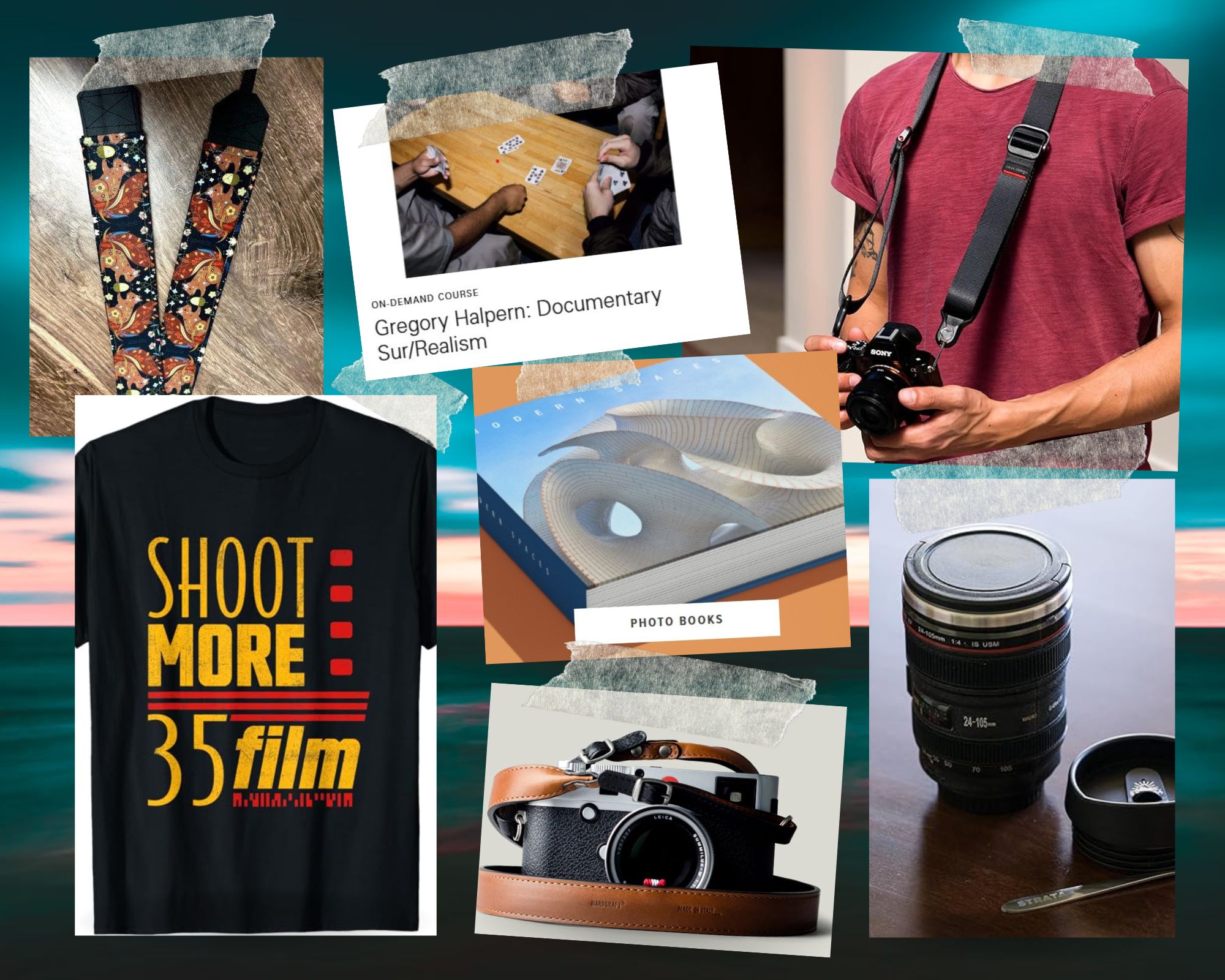
Lots of great advice in here! I started out with a fairly “blah” Sony mirrorless (at the time it was pretty good lol) – more compact than my upgrade to full frame. Now I wish I could get something for “everyday carry” for the times I don’t want to lug my sling bag around. I miss many shots since I don’t always have my camera.
Thanks for stopping bye and sharing a comment Ross! Something really small and portable is on my list too! Also I need another lens, and another one, and another one….lol